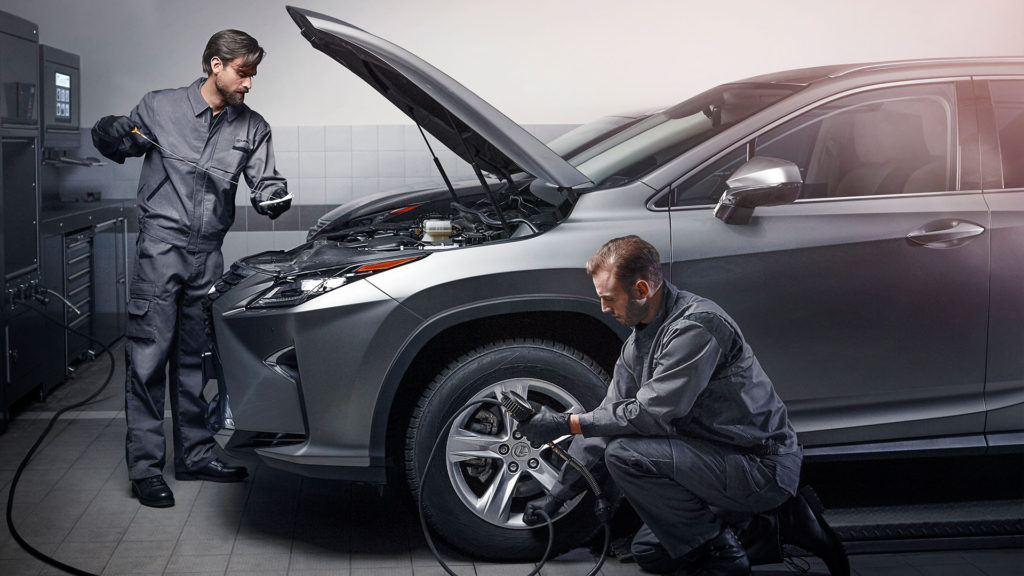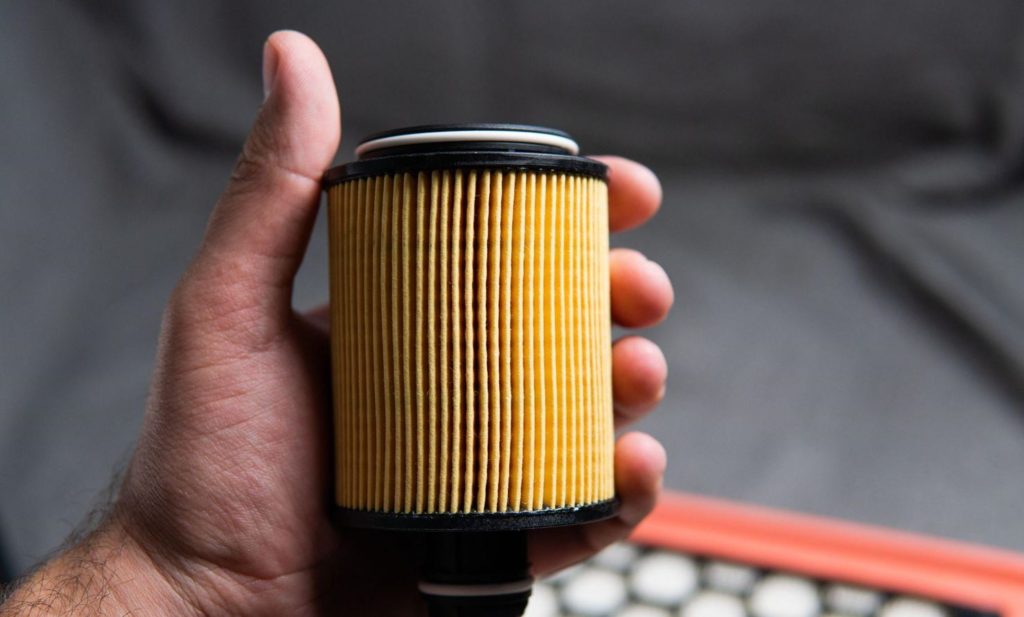Diesel trucks are known for their reliability and durability, even when hauling heavy loads. That’s how they earned their reputation as work trucks. In fact, diesel trucks tend to last twice as long as gas-powered trucks, helping you save thousands of dollars over the next few decades. But that doesn’t mean diesel engines are self-sufficient. They require constant care and attention in order to live up to their full potential. Delaying essential repairs and ignoring important issues can lead to costly repairs and expensive rebuilds. Don’t wait for the check engine light to come on. Use these maintenance tips to keep your truck going strong for years to come.
Change the Oil Regularly

The most recurring item on your to-do list is to change the oil every 5,000 to 7,000 miles. That’s quite a range, so check your owner’s manual to see what they recommend, as maintenance requirements vary from engine to engine. Like a lot of the suggested maintenance intervals in this guide, the number depends on how often you drive and how much weight you’re carrying. Hauling heavy loads and frequent stopping and starting will burn through your fluids more quickly.
The oil in your engine provides lubrication to various parts and components. But it will get dirty and eventually lose its lubricating properties with time. Change the oil by emptying out the current supply and inserting a fresh batch of oil. Monitor your oil levels regularly and top it off as needed.
Check Your Glow Plugs
Gas-powered trucks use electric spark plugs to trigger combustion, but diesel engines use extreme temperatures to burn air and fuel into mechanical energy. Instead of spark plugs, they use electric glow plugs to heat the incoming air and fuel. These simple devices are crucial when it comes to engine performance. If the fuel-air mixture doesn’t reach the proper temperature, the engine will lose power or be forced to consume more fuel than normal to produce the same amount of energy. A new set of glow plugs should last up to 100,000 miles, but they will need to work even harder in cold weather.
Inspect Gaskets and Seals

The fluids in your diesel engine undergo immense pressure to create heat and maintain the proper flow. The pressure is caused by compression. Both the air and fuel need to be compressed before they enter the combustion chamber, but all this excess pressure can damage the lines, gaskets, and seals in the engine. These small but vital components ensure that these fluids remain inside the engine instead of leaking into the crankcase, which can cause smoke to come out of the hood.
Inspect and replace fuel lines, gaskets, and seals as needed. If one is failing, the others won’t be far behind, so it’s usually best to replace them all at once.
Most diesel engines are turbocharged. The turbo forces more compressed air into the combustion chamber to produce additional power. The turbo itself is designed to last the lifetime of the vehicle, but excess wear and tear can cause it to fail. Pay special attention to the various components of the turbo. Replace your turbo hoses and gaskets to maintain the proper PSI.
Watch Your Coolant Levels
Overheating will damage various components of the engine. The coolant keeps the fluids in the engine from getting too hot. It is an important part of the exhaust gas recirculation (EGR) system, which prevents NOx from escaping into the atmosphere. The coolant in your system will get more acidic with age, which makes it less effective. Be sure to swap it out every 30,000 miles or two years, whichever comes first.
Replace Filters as Needed

Your diesel engine contains several filters that are designed to remove particulate matter and other toxins that can cause blockages and engine damage. These filters include: the air filter, two fuel filters, and the oil filter.
The air filter keeps the air flowing through your engine clean. This keeps the turbo clean and clog-free as well. If the air filter is clogged, it can damage the turbo actuator, which sends an electric signal to power the turbo. You’ll need to replace the air filter every 30,000 miles or less, especially if you drive in hot weather and traffic-heavy areas. Test and replace your turbo actuators as needed.
The fuel filter keeps the fuel system clean to prevent the fuel injectors from clogging. Be sure to change this filter every 10,000 to 15,000 miles to keep the fuel flowing.
The oil filter needs to be replaced as well to keep the oil clean, or it won’t be able to lubricate important parts and components. You can replace the oil filter every time you change your oil. At the very least, you should replace it every second time you change the oil. Keep a supply of commonly replaced diesel truck parts on hand to fix issues as soon as they appear. The sooner you resolve the problem, the less it will affect the rest of the engine. Add these maintenance intervals to your calendar to stay on top of all your responsibilities.




/cdn.vox-cdn.com/uploads/chorus_image/image/62810996/Amm_DeepSentinel_01.0.jpg)

More Stories
DIY Persian Rug Repair: Tips for Minor Fixes and When to Call a Professional
What are the Most Popular Auto Auctions in the US? : Automotive Addicts
Remixed By Prazis Air Suspension